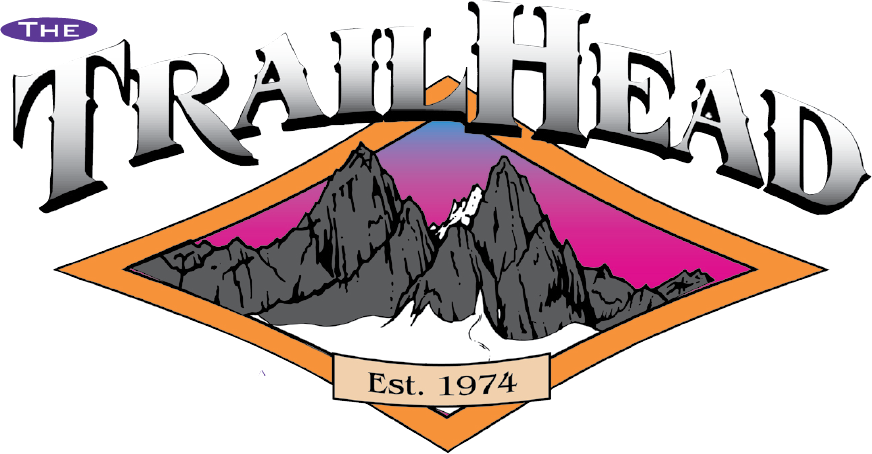Kayakers and whitewater rafters run the Lochsa, generally between April and June. The “Lochsa River Floating Guide” lists more than 60 rapids between Powell and Lowell, most of which are rated Class III-IV (medium to difficult). Depending on the discharge rate, the level of difficulty can rise in places to Class VI (the limits of navigation) on the International Scale of River Difficulty.The ratings in the “Floating Guide” reflect the difficulty of the Lochsa’s rapids when the water levels at the bridge at Lowell are between 5 feet (1.5 m) and 8 feet (2.4 m).The gage at the bridge differs from the USGS gage. A warning to whitewater rafters posted at the USGS web site for its gage says: “This stage reading is from the USGS gaging station 0.7 miles upstream from Lowell bridge, and it may read between 2-3 feet higher than the stage reading on the staff gage at Lowell bridge. This [the USGS gage reading] is not the stage reference to float the Lochsa River. The USGS site advises rafters to check with the Lochsa Ranger District for readings from the bridge.
Probably the largest, most technical rapid on the river. A long, twisting rapid whose 1/2-mile length is not totally observable from the water at any one time. Large holes become large waves at high water, and everything pillows left off a huge block of bedrock at the bottom of the rapid. Considered un-runnable at high flows. Must scout. Cannot be seen from highway.
